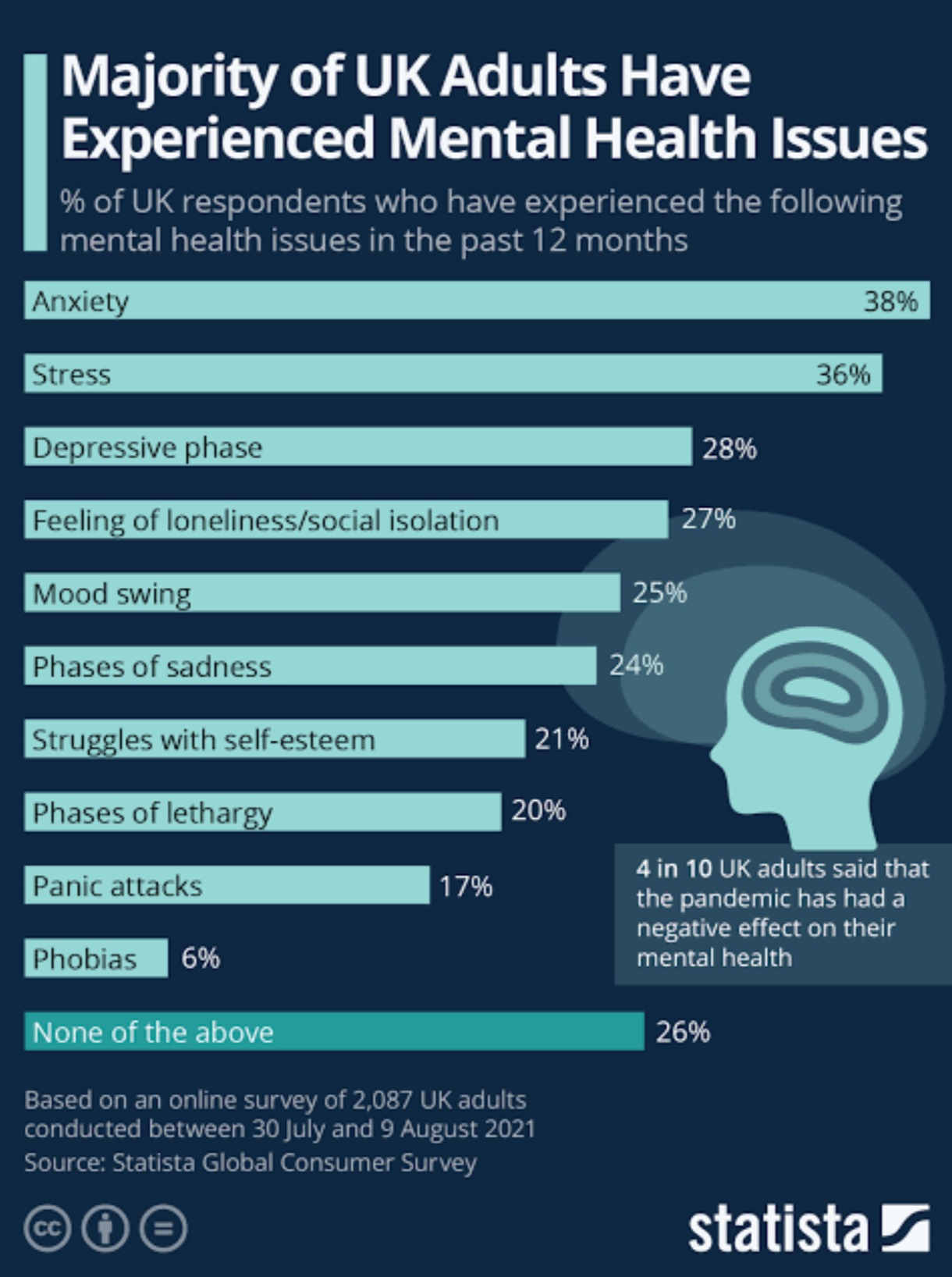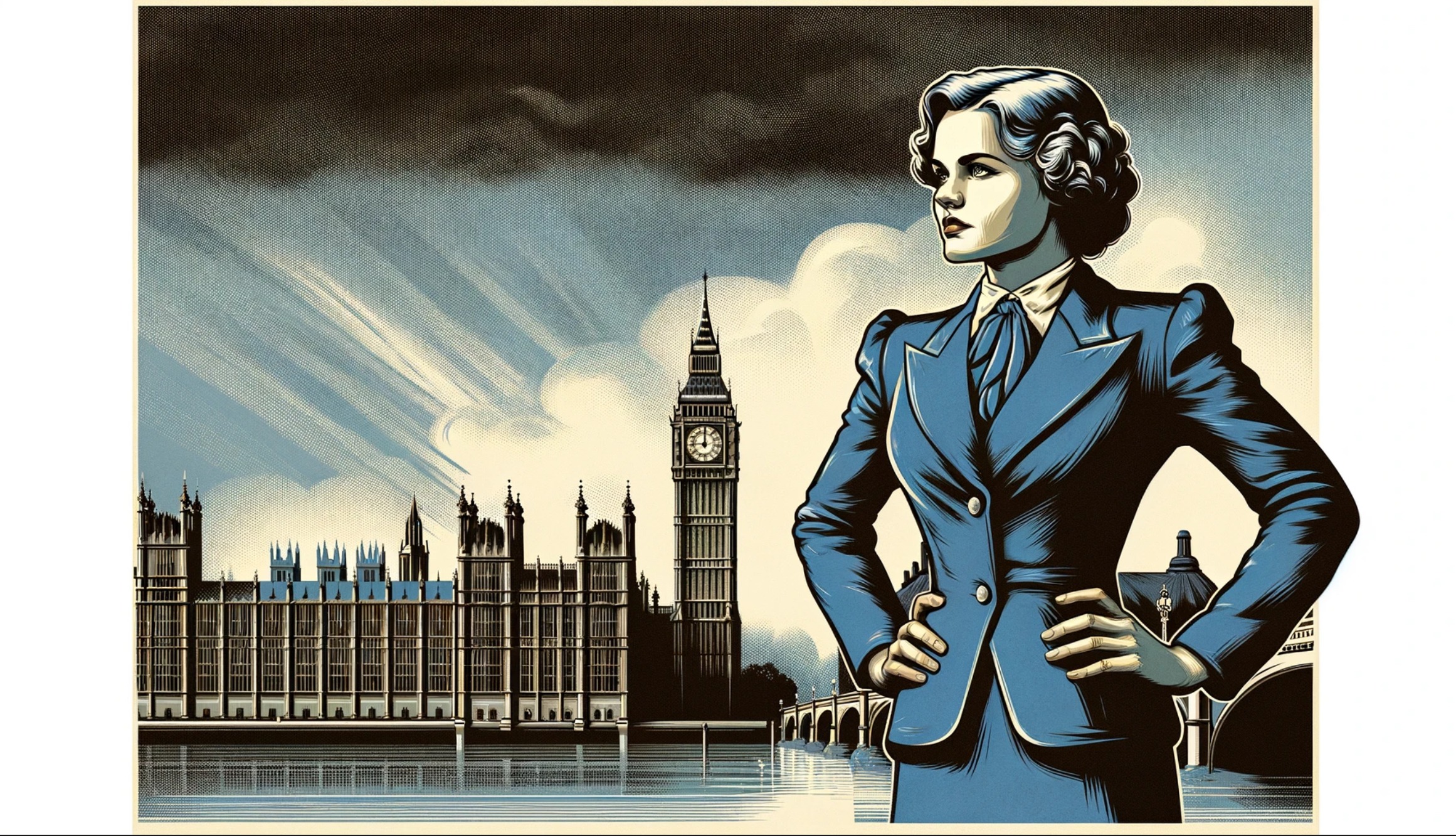Summary
“The Iron Lady,” a film about Margaret Thatcher, explores the complexities of the United Kingdom’s first female Prime Minister, delving into her politics and personality. This essay is based on the film and examines how it intersects with themes like Feminism, Neo-Marxism, and mental health, shedding light on Thatcher’s professional and personal life. Thatcher’s era coincided with second-wave feminism, the film’s portrayal aligns with modern feminist views, prompting a snapshot of her legacy. Additionally I look at critiques on Thatcher’s policies and their effects. The movie also shows us the mental decline of the famous politician, communicating the importance of understanding and supporting mental health needs in all communities, reflecting on Thatcher’s experiences and the silent suffering she endured.
Keywords: Margaret Thatcher, Feminism, Neomarxism, Mental Health, Political impact
Introduction
“The Iron Lady” is a movie about Margaret Thatcher, it presents a complex view of one of the most influential and controversial figures in modern history: the United Kingdom’s first female Prime Minister. Through the story, the film explores the life of Thatcher, known for her distinct politics and strong-willed personality. This essay aims to explore how “The Iron Lady” intersects with critical themes such as Feminism, Neomarxism, and mental health, offering a look into Thatcher’s political life and personal struggles. By examining these themes, this essay tries to understand Thatcher not just as a political figure, but as an individual navigating through the complexities of power, gender, ideology, and aging.
Historical Context of Feminism
The evolution of feminism throughout the 20th century marked a significant shift in women’s societal roles, starting with the suffragist movement and culminating in the push for gender equality. This era was pivotal for women’s rights, Thatcher’s service coincided with the period of second-wave feminism, which challenged existing societal norms and gender roles (Campbell, 1987).
Thatcher and Feminism
Margaret Thatcher’s relationship with feminism was complex. As the UK’s first female Prime Minister, she represented a significant milestone for women in politics. However, Thatcher usually rejected the feminist label, focusing on individual strength over collective gender advocacy. Her assertive leadership style broke gender stereotypes but there is debate about whether her policies were beneficial for the advancement of women’s rights. Some argue that her approach to policy did little, and in some cases, might have worsened gender inequalities (Vinen, 2009).
Modern feminist critiques offer a different interpretation of Thatcher’s legacy, comparing her symbolic significance as a female leader versus her policy impacts on women (Evans, 2013). The film “The Iron Lady” contributes to this discussion by showing Thatcher as a woman navigating a male-dominated political world, and it aligns with modern feminist approaches, causing a reevaluation of Thatcher’s memory in the context of the evolution of feminist thought.

Neomarxism
Neo-Marxism, an evolution of classical Marxist theory, integrates traditional Marxist concerns about class struggle with an emphasis on cultural and ideological aspects of social structure (Harvey, 2005). It examines how power and oppression operate not just through economics but also through cultural and political institutions. Neo-Marxists critique political and economic structures for perpetuating class inequalities, focusing on how capitalist systems and policies can lead to social and economic disparities.
Margaret Thatcher’s tenure was marked by significant economic reforms, characterized by privatization, deregulation, and a reduction in state intervention in the economy. From a neo-Marxist perspective, these policies can be viewed as reinforcing class divisions and worsening social inequalities. Thatcher’s approach to economics, often called Thatcherism, is criticized for prioritizing market efficiency over social welfare, which, according to neo-Marxists, led to increased disparity between different social classes.

“The Iron Lady” portrays Thatcher’s policies and their impact on society, allowing for an analysis through a neo-Marxist lens. The film depicts the consequences of Thatcher’s economic decisions, highlighting the social struggles that ensued.
Mental Health: Elders, Politicians, Women
Mental health issues in the elderly, such as dementia, depression, and anxiety, are prevalent but often underrecognized challenges. Politicians once retired are left with PTSD. Mental health issues are stigmatized, especially for women. The stereotypes of hysteria pressure women into masking their struggles. All these aspects together took a toll on Margaret Thatcher. Aging individuals, particularly those in high-stress professions like politics, face unique mental health concerns, compounded by societal stigmas and misconceptions about aging and mental capacity. In the context of politics, these challenges are amplified due to the public nature of the role and the high level of stress involved in decision-making.
“The Iron Lady” offers a personal depiction of Margaret Thatcher’s mental health in her later years, highlighting her struggles with dementia. The film portrays how these challenges affect her identity as a former Prime Minister, providing a rare look into the hidden vulnerabilities of political figures. It sensitively shows us the impact of aging on mental health, especially in the context of a woman politician, shedding light on the personal toll of public service.
The portrayal of Thatcher’s mental health struggles in “The Iron Lady” contributes to a bigger discussion about mental health. The film focuses on the need for supportive measures for mental health, in political spheres and for women and elders, advocating for a more humane approach to how we view and support the aging populations dealing with these challenges. This portrayal serves as a reminder of the human aspect behind public personas.

Accessing mental health care in the past and nowadays presents challenges, mainly influenced by factors like stigma, lack of awareness, and availability of services. These challenges are particularly difficult for women and the elderly. Women face unique mental health issues due to societal pressures. The elderly, meanwhile, contend with ageism in healthcare, leading to underdiagnosis and undertreatment of conditions like depression. They also face specific challenges such as cognitive decline and isolation, which are often inadequately addressed in existing mental health services. The societal stigmas also create difficulties for elders and women in accepting that they need help or reaching out and asking for it, usually adopting an ‘I’m fine’ attitude. Overall, the need for accessible, affordable, and tailored mental health care is crucial in all communities. With increased awareness maybe we can encourage healing instead of perpetuating the silent suffering that Thatcher had to go through her whole lifetime.
Thatcher’s Legacy
As the first female Prime Minister of the United Kingdom, Margaret Thatcher’s rise to such a high office was undeniably a groundbreaking achievement for women in politics. This historic milestone is a symbol of the potential for women to attain the highest levels of political power.
In today’s feminist view, Thatcher’s role is seen with a mix of admiration and critique. Her leadership is seen as a testament to the capabilities of women to lead, and challenges long-standing gender stereotypes in politics. Her assertiveness and resilience in a male-dominated political sphere are often cited as sources of inspiration.
On the other hand, there is a significant discussion about the nature of her policies and their impact on women’s rights. Critics argue that Thatcher’s policy choices did not necessarily advance the feminist agenda. Her government’s approach to social and economic issues, such as cuts to social welfare programs and a focus on individualism over collective rights, have been criticized for negatively impacting women, particularly those from lower socio-economic backgrounds. This perspective suggests that while Thatcher’s personal success broke barriers for women in politics, her policies did not substantially contribute to advancing gender equality.
The question of whether Thatcher’s leadership paved the way for more women in politics remains open. There is an argument to be made that her presence in the highest office demonstrated the possibilities for women, inspiring a generation of female politicians. However, it is also crucial to examine the substantive changes in policies and societal attitudes towards women during and following her tenure.
Conclusions
- The movie beautifully illustrates the complete life of Thatcher, telling a Feminist Neo-Marxist story while also drawing attention to the tolls of a political life, the natural process of aging, and lack of attention to mental health in seniors.
- Based on which source we choose to believe, it can be argued that Thatcher opened the doors for international trade relations. Or, that she set the stage for the financial crisis of 2008 (The Telegraph, 2013). Honestly I don’t know if her policies were ultimately good or bad. I don’t know enough about economics yet.
- As far as social influence, I see Thatcher as extremely successful. I admire her hierarchical advances and her strong personality. She serves as an inspiration to all women that have a vision of change.
- Inspiring, yes, but also a story of caution. If a woman is to be in power, she has to be unbreakable. Protesters will always be at war with the supporters, and the mental toll on the politician is horrible. Every decision she made was analyzed, criticized, transformed into propaganda; and that’s how politics will always be. In a situation like this, the first female prime minister in Britain, the opportunity to influence change also creates the challenge of maintaining progress.
- Everyone was watching her in a different way, also forming their general opinions on whether or not a woman should be in power. This has the potential to make possibilities for future generations of women, OR form a new disdain towards change and shut the doors forever if the image of a ‘woman ruler’ is ruined. The same problem will be presented for the first female president of the United States, and any other country that gives equality a chance.
References
- Bard – Chat Based AI Tool from Google, Powered by PaLM 2. (n.d.-b). Bard. https://bard.google.com/
- ChatGPT. (n.d.). OpenAI. https://chat.openai.com/#
- Lewis, J. (1992). Gender and the development of welfare regimes. Journal of European Social Policy, 2(3), 159-173.
- Campbell, B. (1987). The Iron Ladies: Why Do Women Vote Tory? Virago.
- Evans, E. (2013). The Iron Lady: Margaret Thatcher, from Grocer’s Daughter to Prime Minister. Penguin Books.
- Vinen, R. (2009). Thatcher’s Britain: The Politics and Social Upheaval of the Thatcher Era. Simon & Schuster.
- The Telegraph. (2013, 10 abril). What did Margaret Thatcher do for Britain’s economy? [Vídeo]. YouTube. https://www.youtube.com/watch?v=0weVMaT4fkI









No responses yet